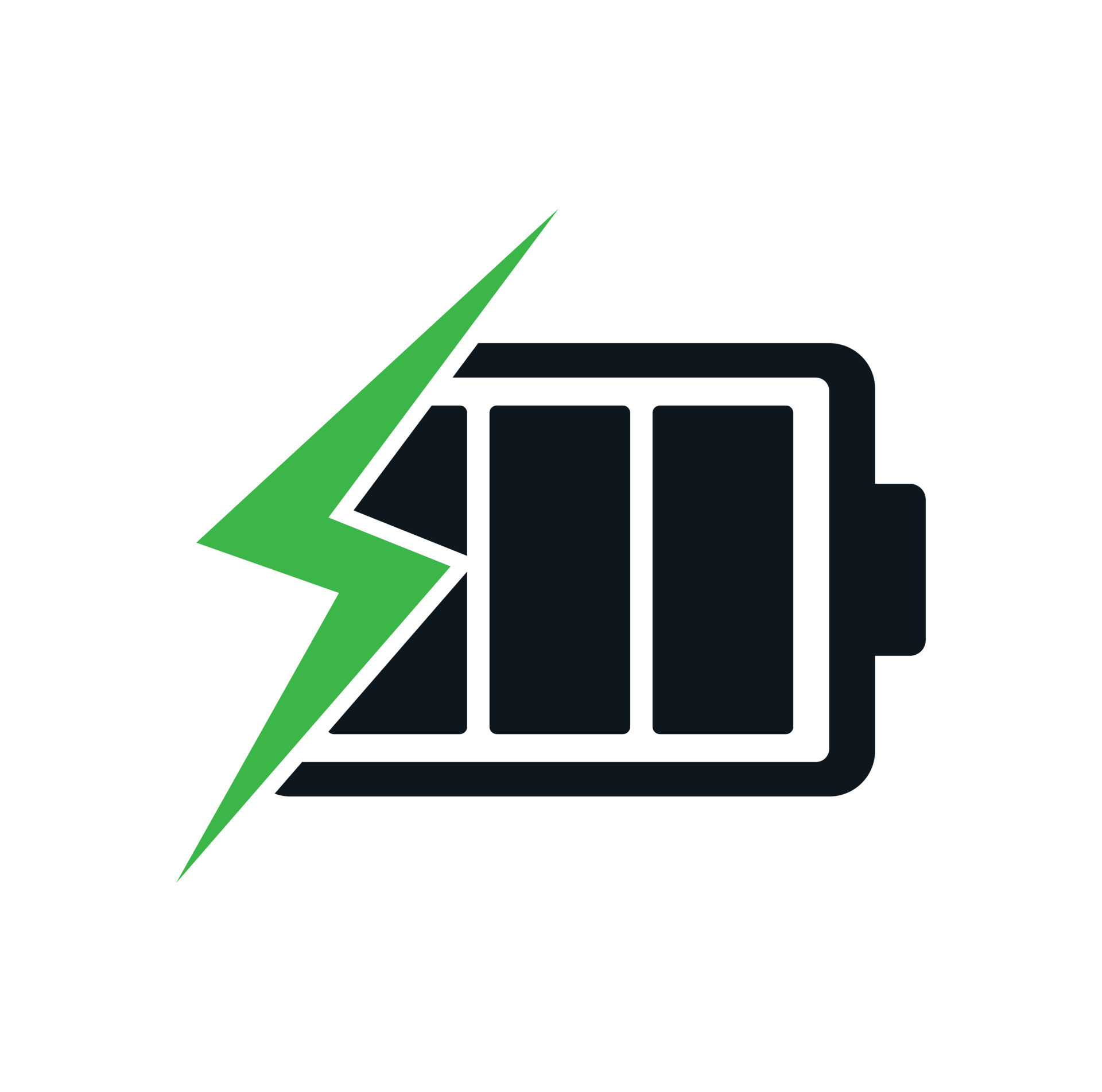

 会员登录
会员登录

- Home
- About us
- Corporate News
- China Policy
- China Compliance
- BESTAO Library
- Events
- Our Services
 On July 11, 2024, a significant working meeting was held by the Ministry of Industry and Information Technology (MIIT) to reiterate and explain the lately issued documents Specification Conditions on Lithium-ion Battery Industry (2024 version) (hereinafter referred to as “the Specification Conditions”) and the Administrative Measures of Specification Conditions on Lithium-ion Battery Industry (2024 version) (hereinafter referred to as “the Administrative Measures”). These two documents were issued on June 18 of 2024 by MIIT and have come into force since June 20, 2024.
On July 11, 2024, a significant working meeting was held by the Ministry of Industry and Information Technology (MIIT) to reiterate and explain the lately issued documents Specification Conditions on Lithium-ion Battery Industry (2024 version) (hereinafter referred to as “the Specification Conditions”) and the Administrative Measures of Specification Conditions on Lithium-ion Battery Industry (2024 version) (hereinafter referred to as “the Administrative Measures”). These two documents were issued on June 18 of 2024 by MIIT and have come into force since June 20, 2024.![]()
The Specification Conditions
The Specification Conditions apply to manufacturers of lithium-ion batteries, anode materials, diaphragms, and electrolytes. In this specification, unless otherwise specified, The definition lithium-ion batteries refers to both cells and complete batteries.
China has established a catalogue for lithium-ion battery enterprises. Being included in this catalogue signifies that the enterprise has received official endorsement from Chinese authorities as being advanced and outstanding within the country’s market. Enterprises in this sector can apply to the authorities listed in the Administrative Measures to undergo an assessment to determine their eligibility for inclusion in the catalogue.
The qualification criteria detail the technical parameters that are encouraged to be developed in China for the sector. These criteria cover, but are not limited to, manufacturing and technology levels, product functionality, safety and quality management, resource utilization efficiency, environmental protection, hygiene, and social responsibilities.
It also puts basic principles for the development of lithium-ion battery companies:
· Enterprises and projects should comply with laws and regulations on national resource development and utilization, ecological environmental protection, energy conservation and production safety, and should meet the requirements of national industrial policies and related industrial planning, according to the revised guidelines.
· No lithium-ion battery projects should be built on permanent basic farmland, "redline areas" for ecological protection or other areas where the construction of industrial enterprises is prohibited, the guidelines state.
· Enterprises should be guided to cut manufacturing projects that simply expand production capacity, strengthen technological innovation, improve product quality and reduce production costs.
The Administrative Measures
This document serves as a supplementary guide to the Specification Conditions, detailing the assessment procedures, regulatory authorities, and all relevant information regarding the application, evaluation, and approval of enterprises seeking inclusion in the catalog. It also outlines the catalog management measures and principles.
For foreign stakeholders and multinational corporations, the key points from these documents and the related working meeting are as follows:
· The initial version of the Specification Conditions was issued in 2015 and has been revised every three years since.
· Each version of the Specification Conditions is accompanied by new batches of the catalog, listing the most recent qualified enterprises. To date, seven batches of enterprises have been announced, but only five batches remain valid. The first and second batches were rendered invalid following updates to technical requirements in the 2018 and 2021 versions.
· The Specification Conditions serve as a guiding document that encourages technological advancement and standardizes sector development. Although it does not carry the force of administrative approval, it is a crucial document for understanding China’s management benchmarks and assessing the development status of the sector in the country.
It’s also worth noting that several laws, regulations and national standards are listed in the Specification Conditions as key criteria to assess enterprise application, which could be solid references for foreign manufacturers to understand China’s regulatory framework for lithium-ion battery:
· GB 31241 Lithium ion cells and batteries used in portable electronic equipments—Safety technical specification
· GB 38031 Electric vehicles traction battery safety requirements
· GB 40165 Lithium ion cells and batteries used in stationary electronic equipments—Safety technical specification
· GB 40559 Lithium ion cells and batteries used in electric self-balancing vehicle and scooters—Safety technical specification (to be implemented on August 1, 2025, and the presently effective version is GB/T 40559-2021)
· GB 43854 Safety technical specification of lithium-ion battery for electric bicycle (specification (a new mandatory standard to be implemented on November 1, 2024)
· GB 44240-2024 Secondary lithium cells and batteries used in electrical energy storage systems—Safety requirements (a new mandatory standard to be implemented on November 1, 2024)
· Article 38.3 of Part III in Manual of Tests and Criteria of the United Nation
· The Law of the People's Republic of China on Import and Export Commodity Inspection
· Clean Production Evaluation Indicator System of Battery Industry
· The Work Safety Law of the People's Republic of China
If you have any question or need more details, please contact info@bestao-consulting.com.